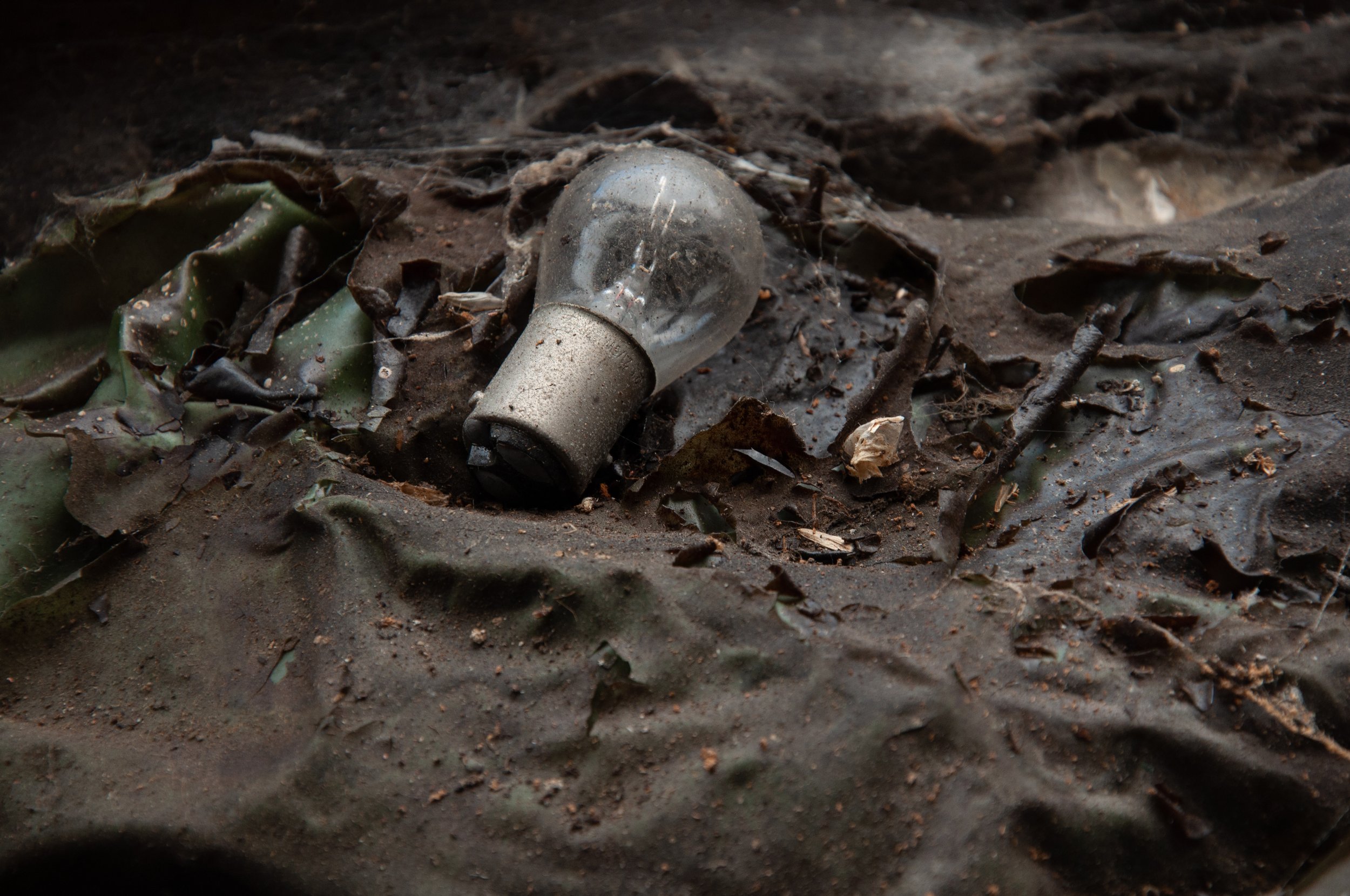
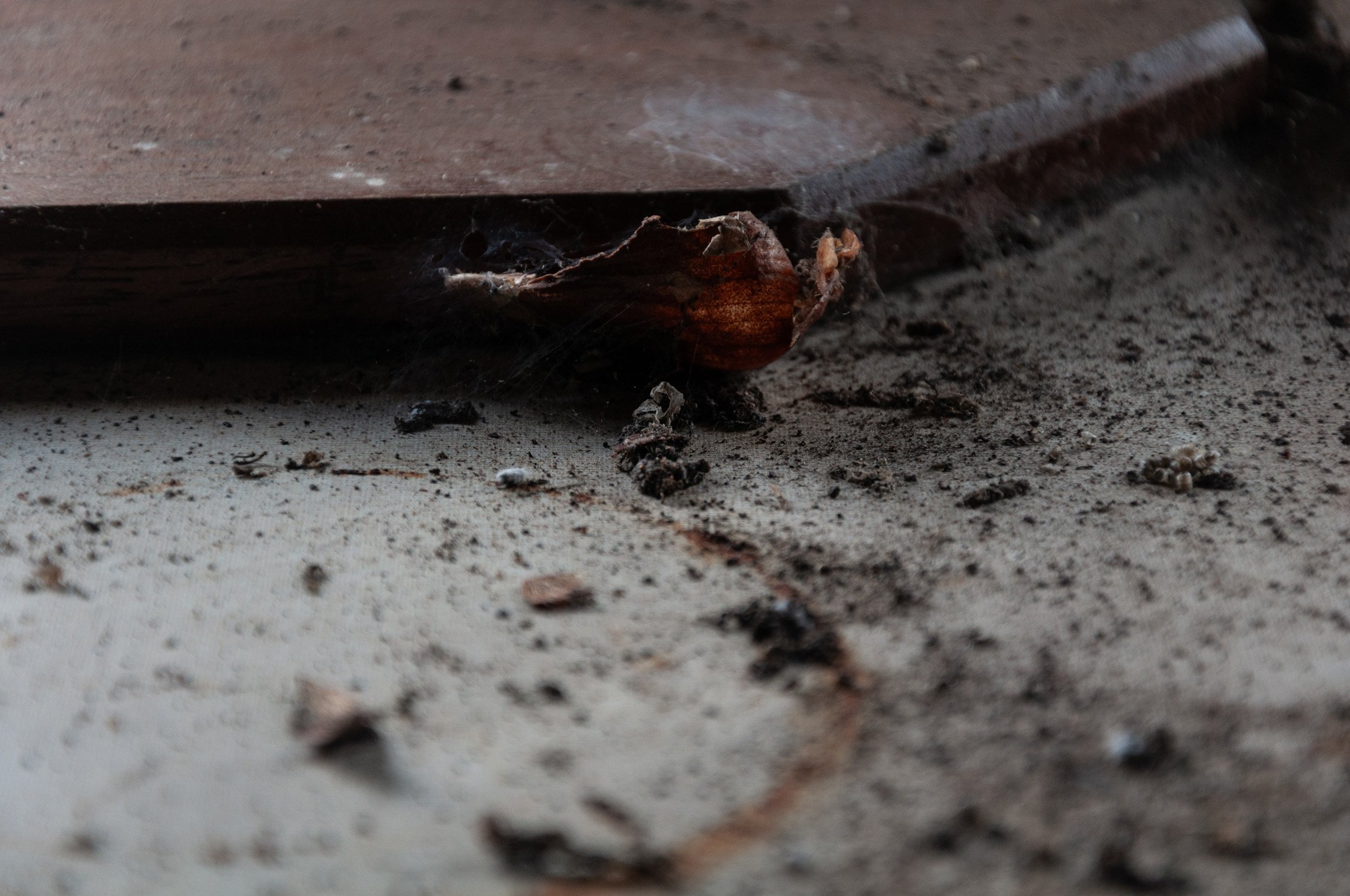



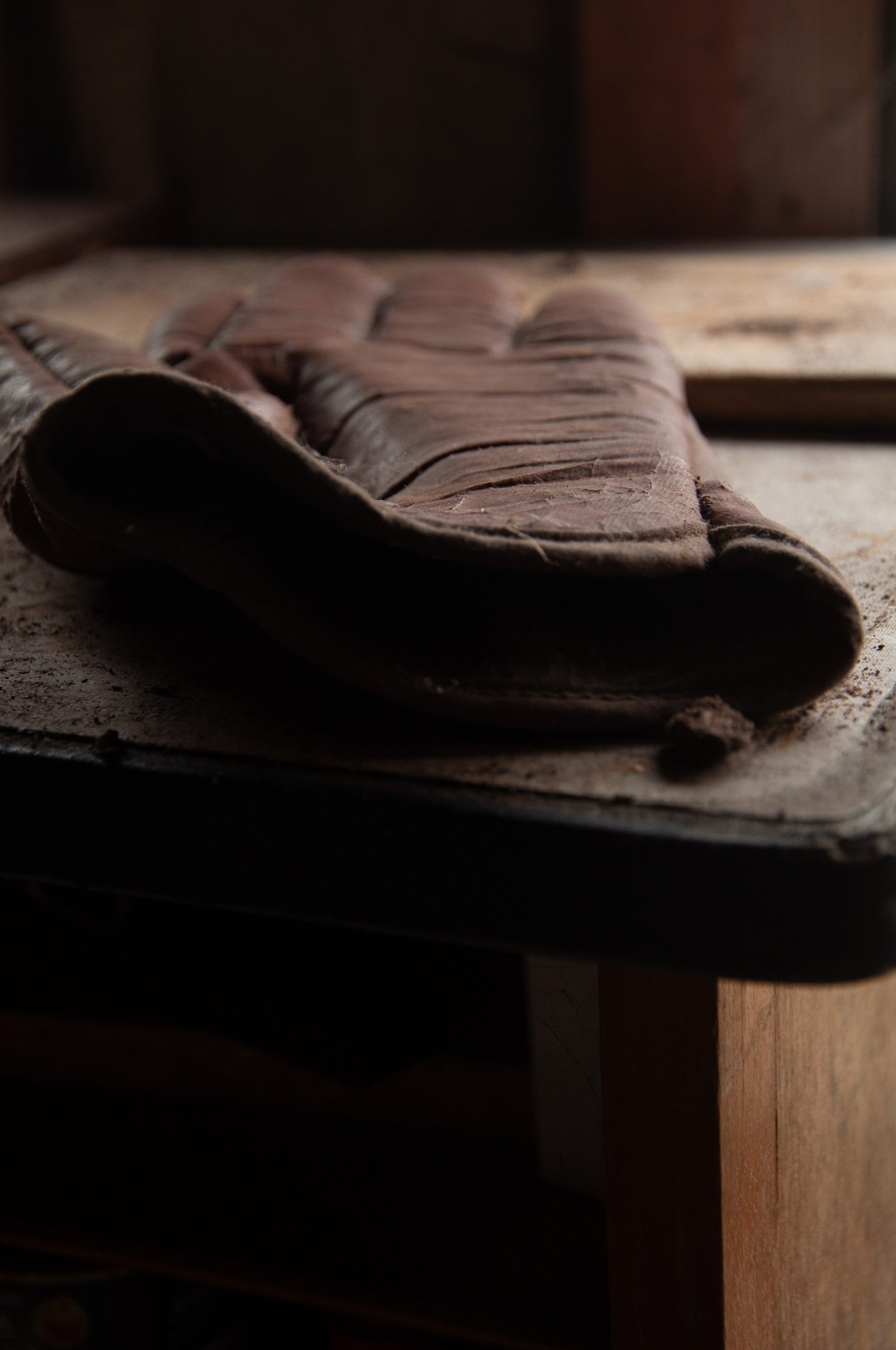








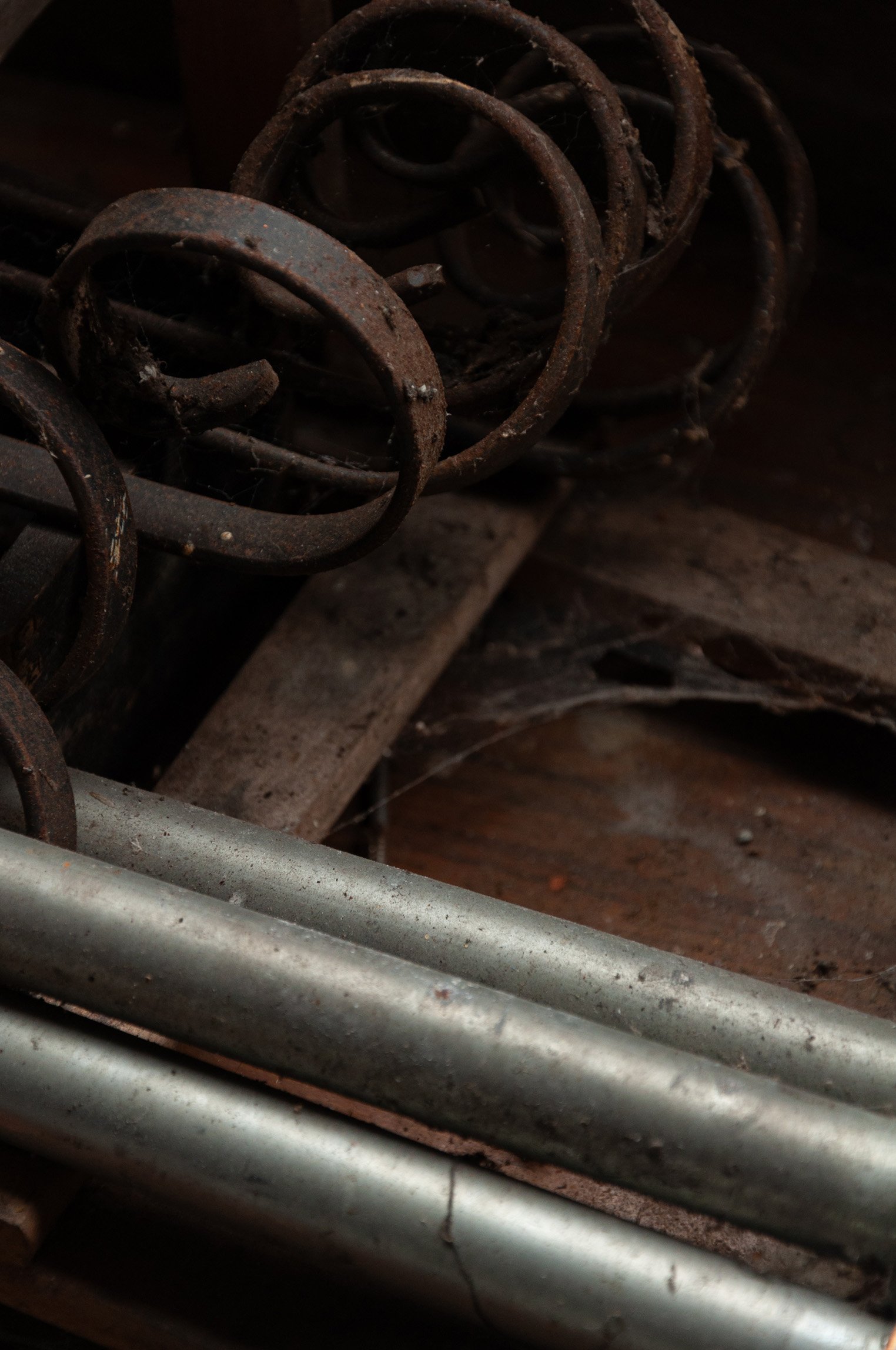
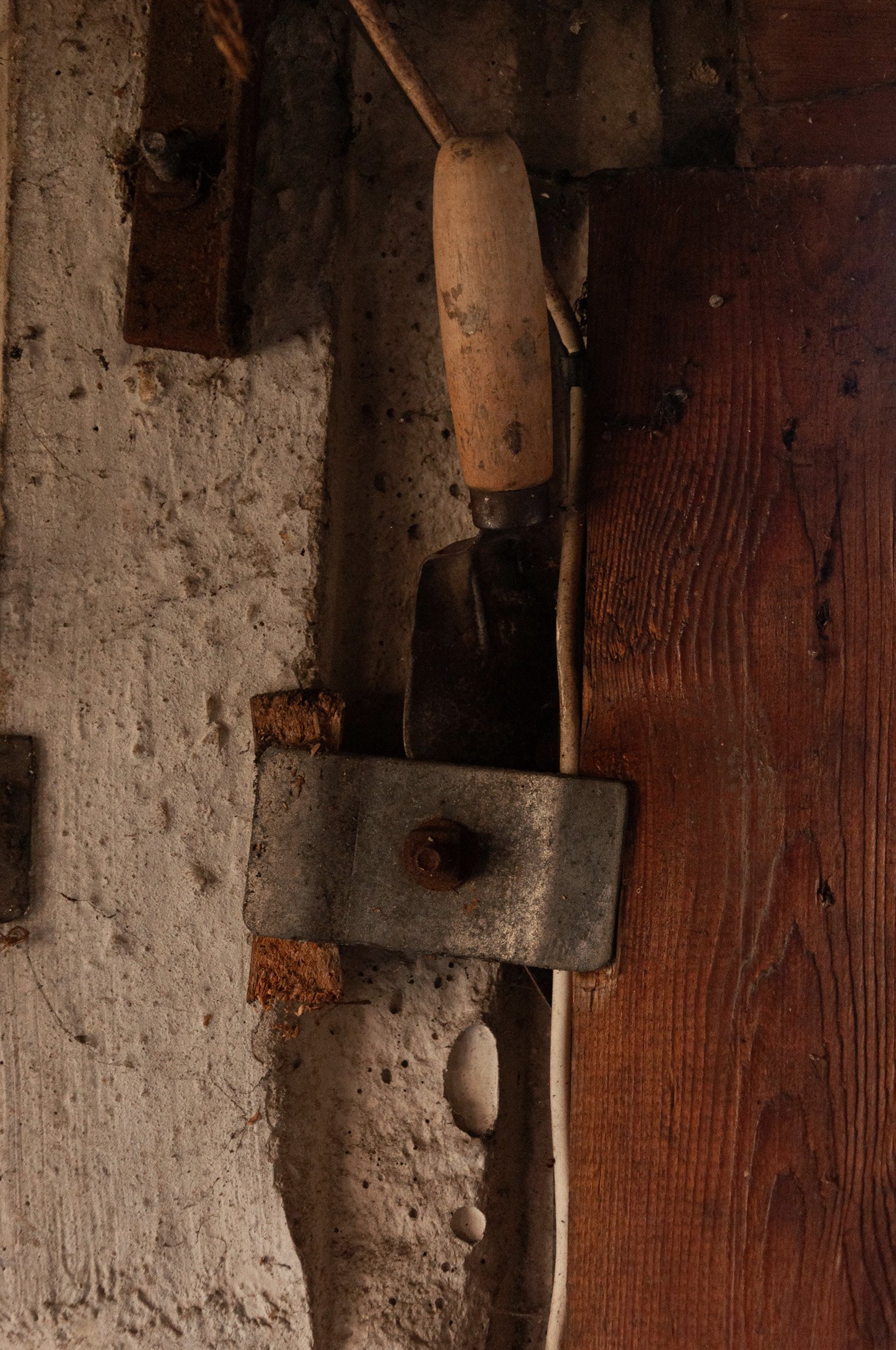




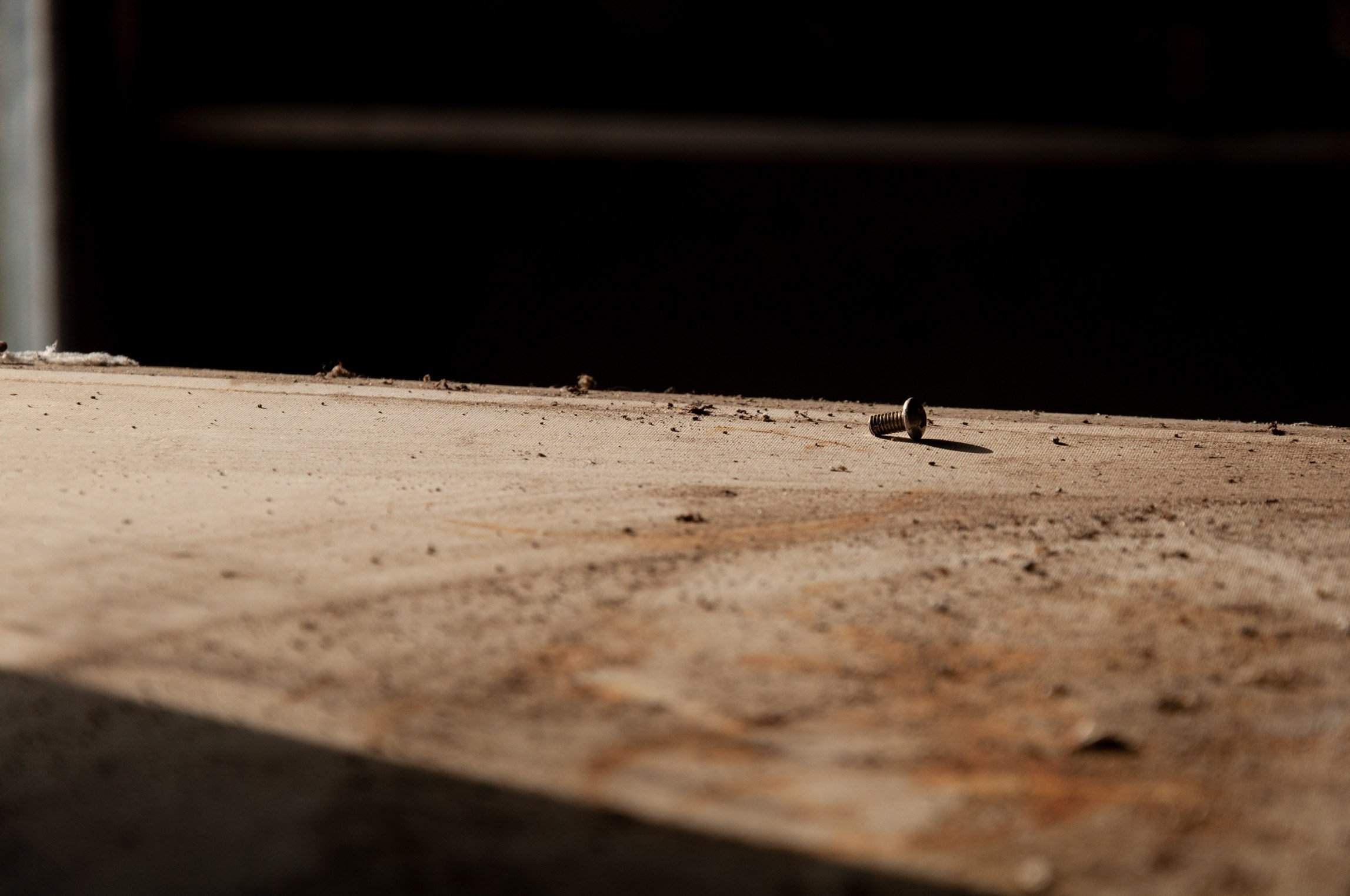
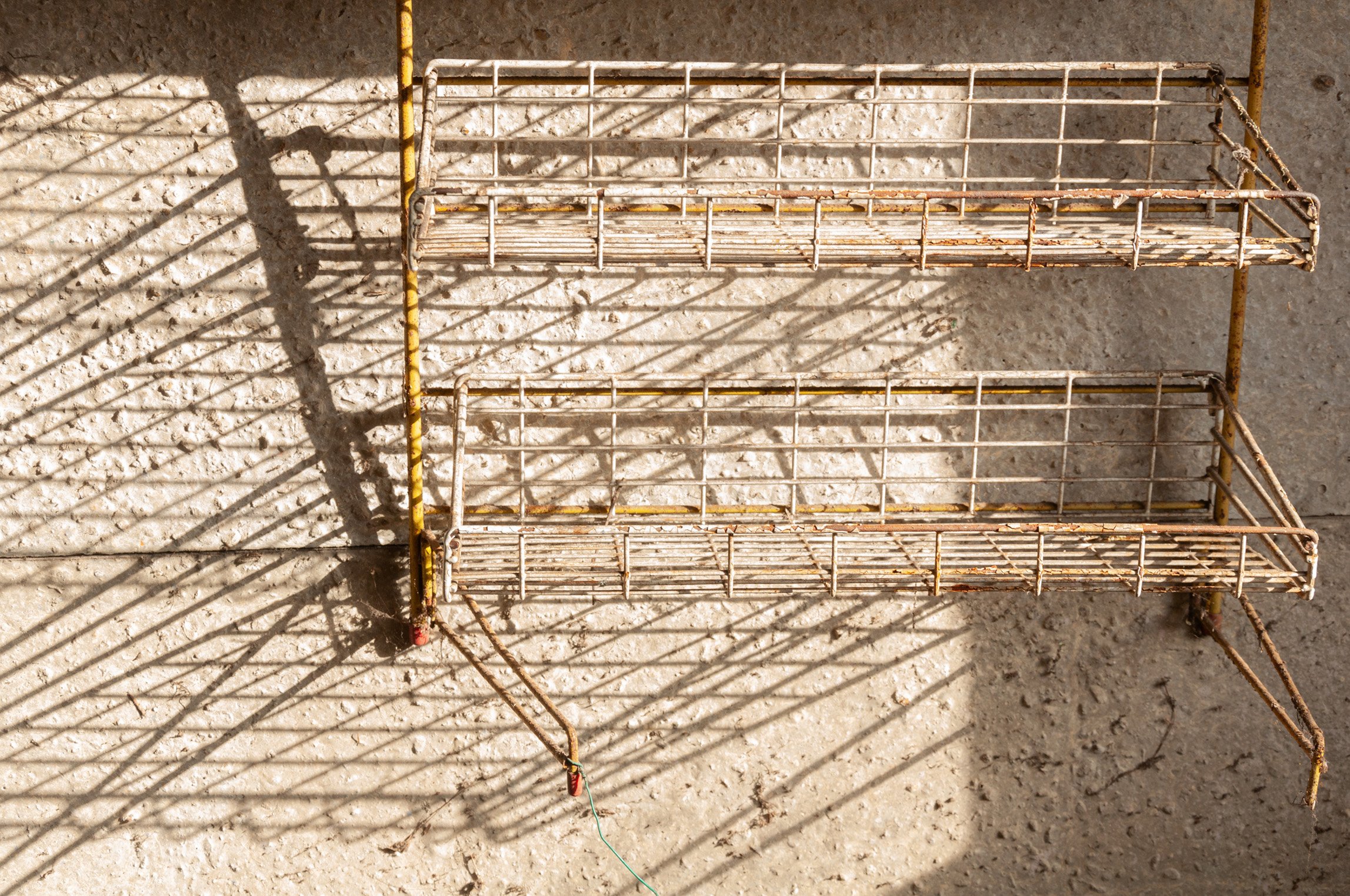
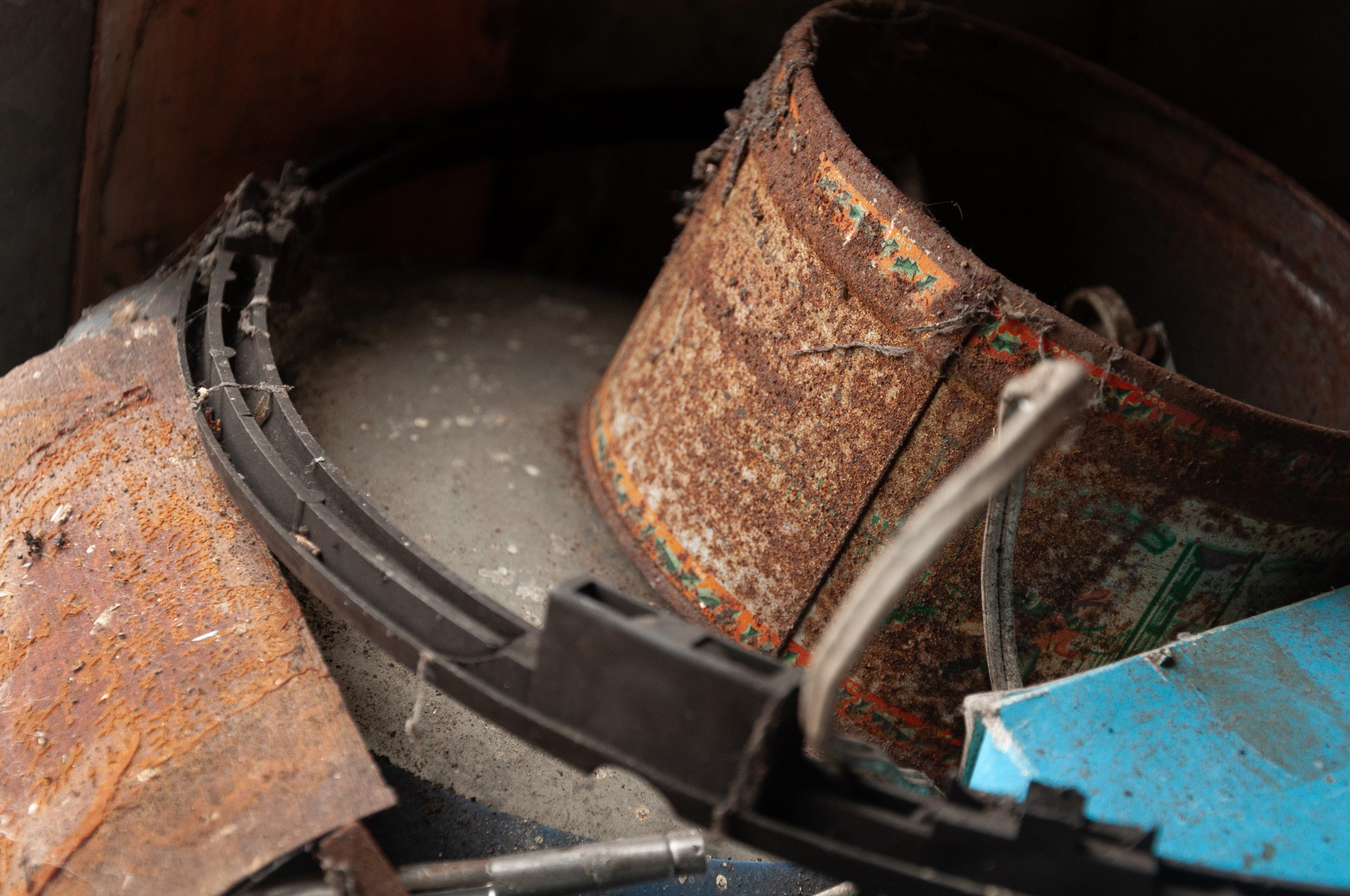
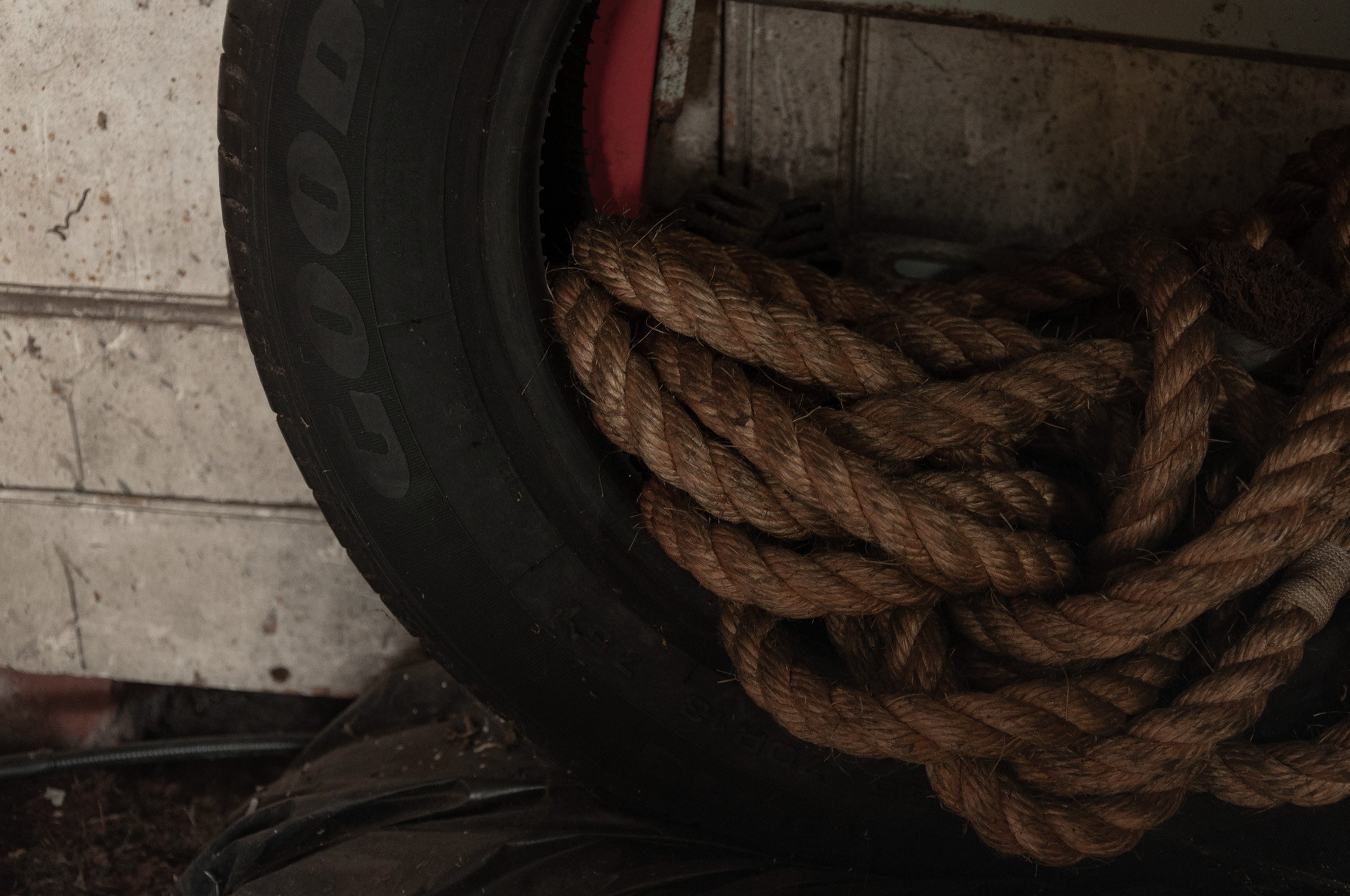

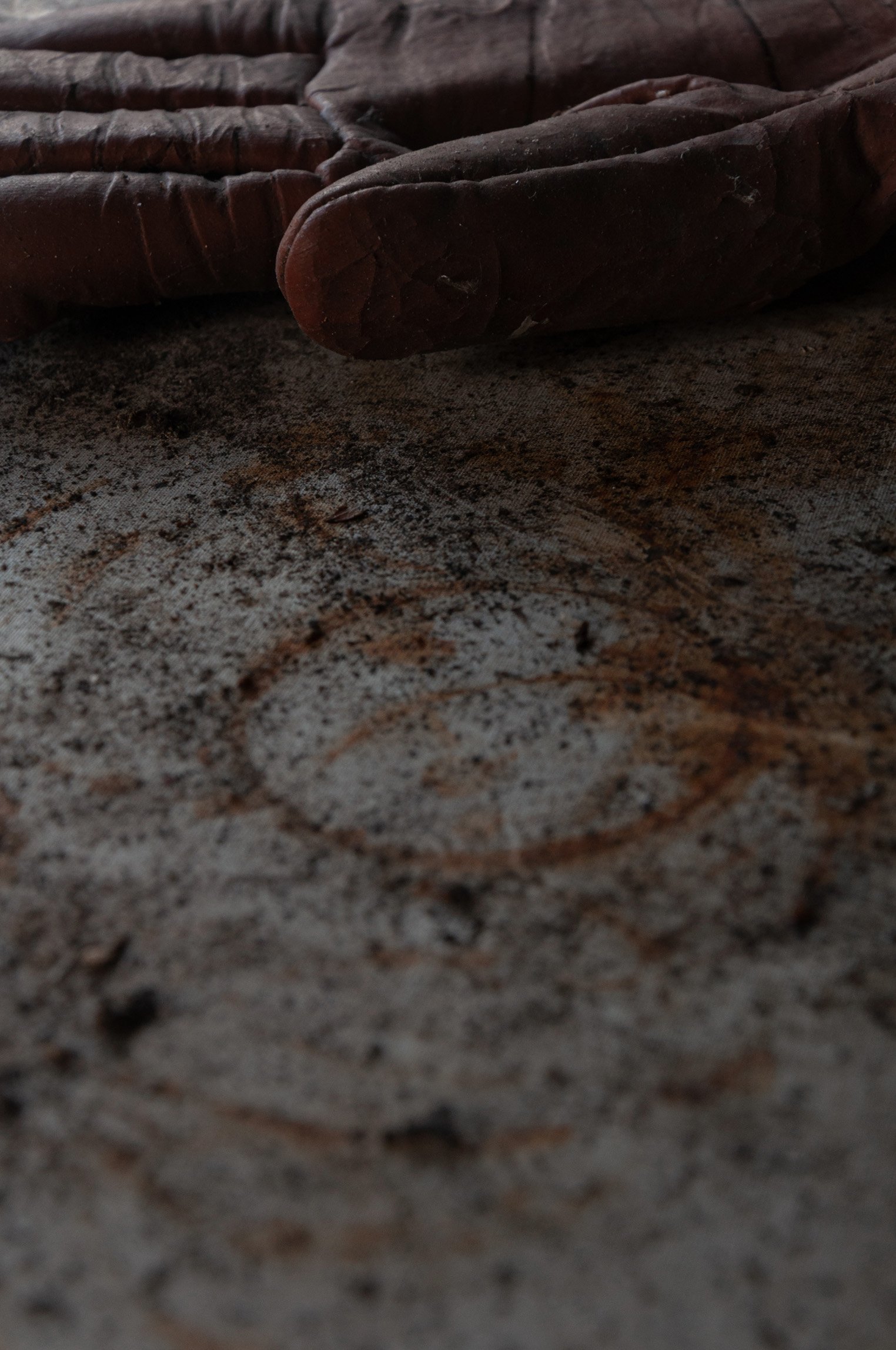
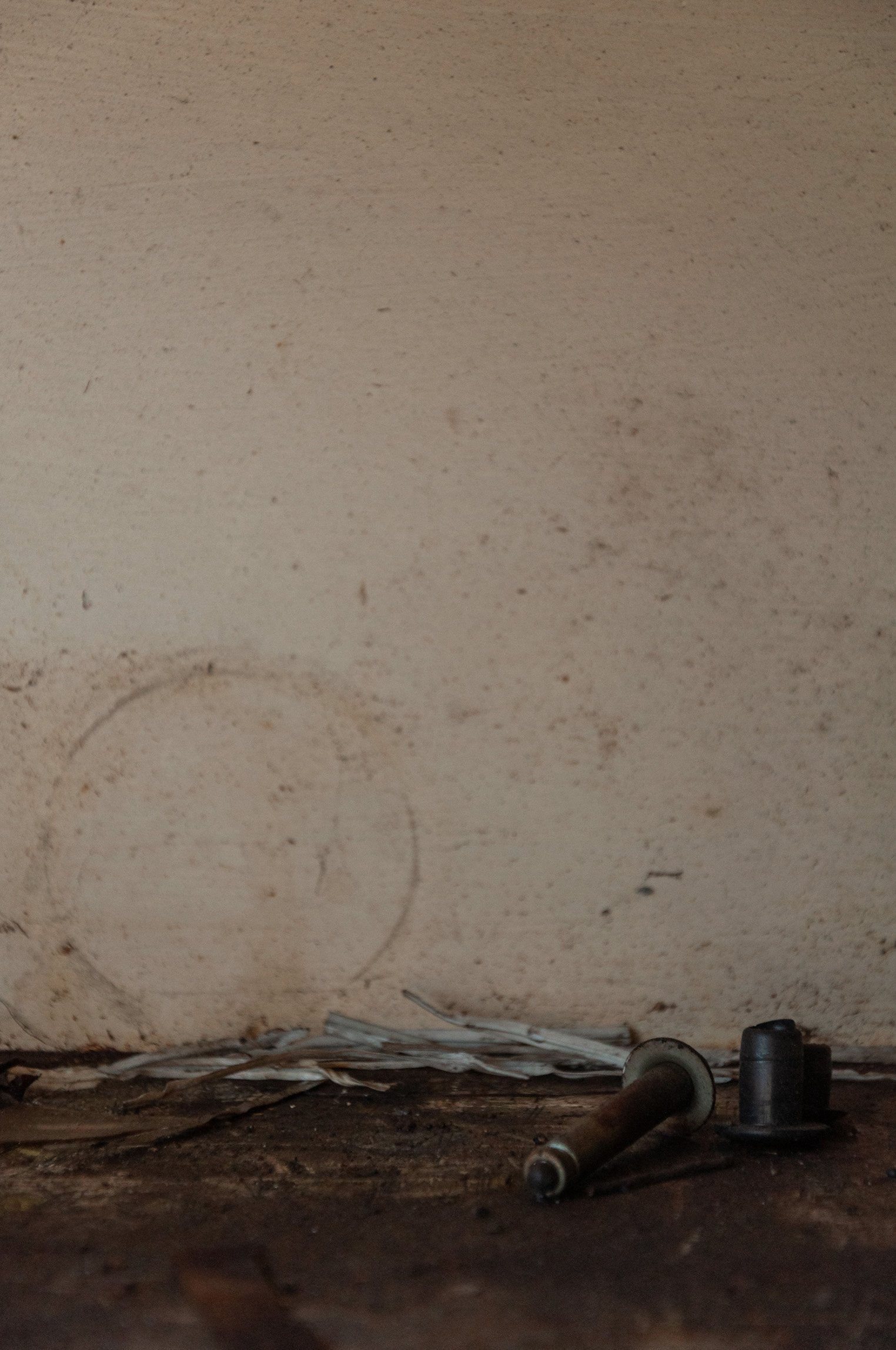

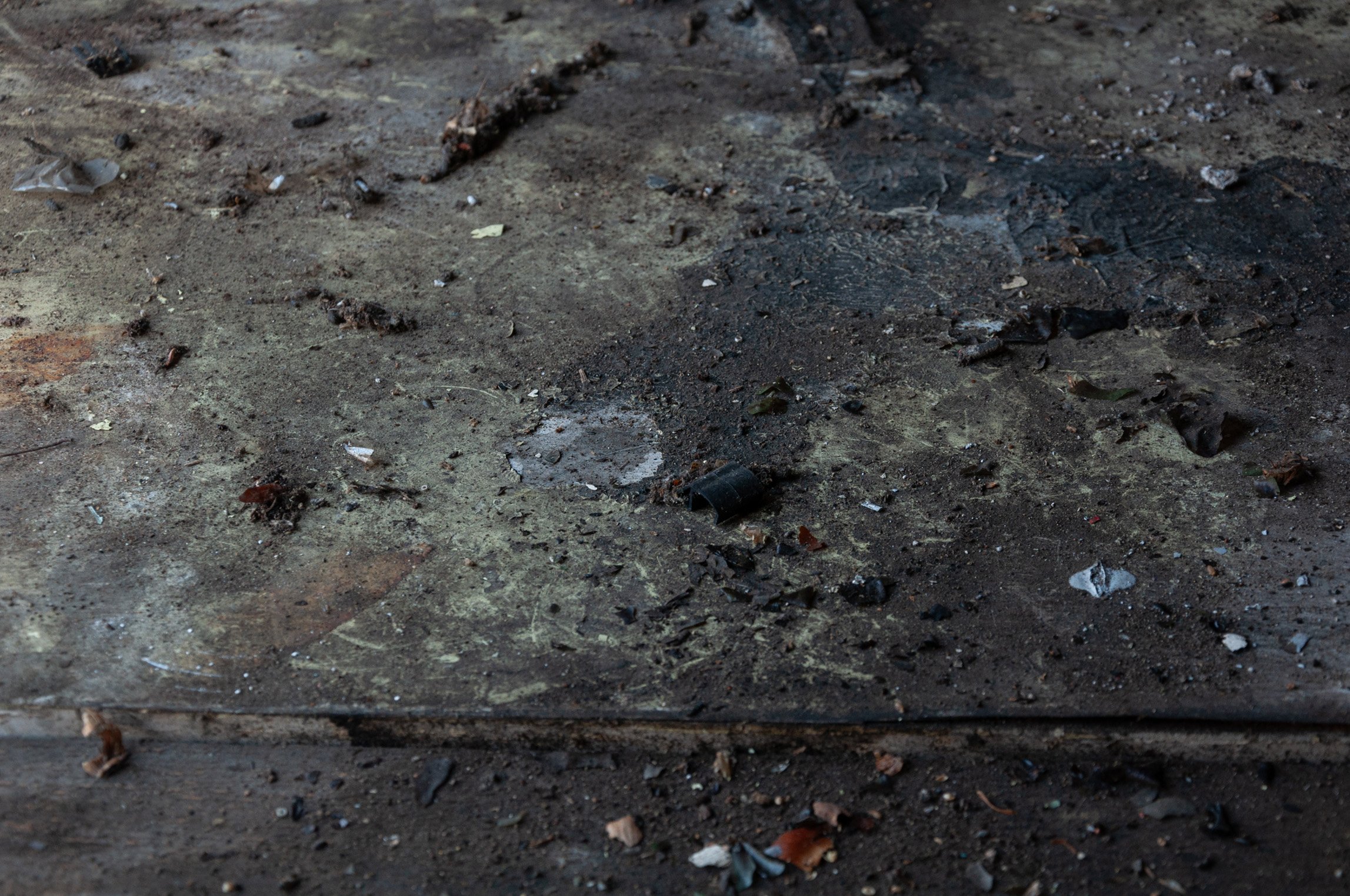

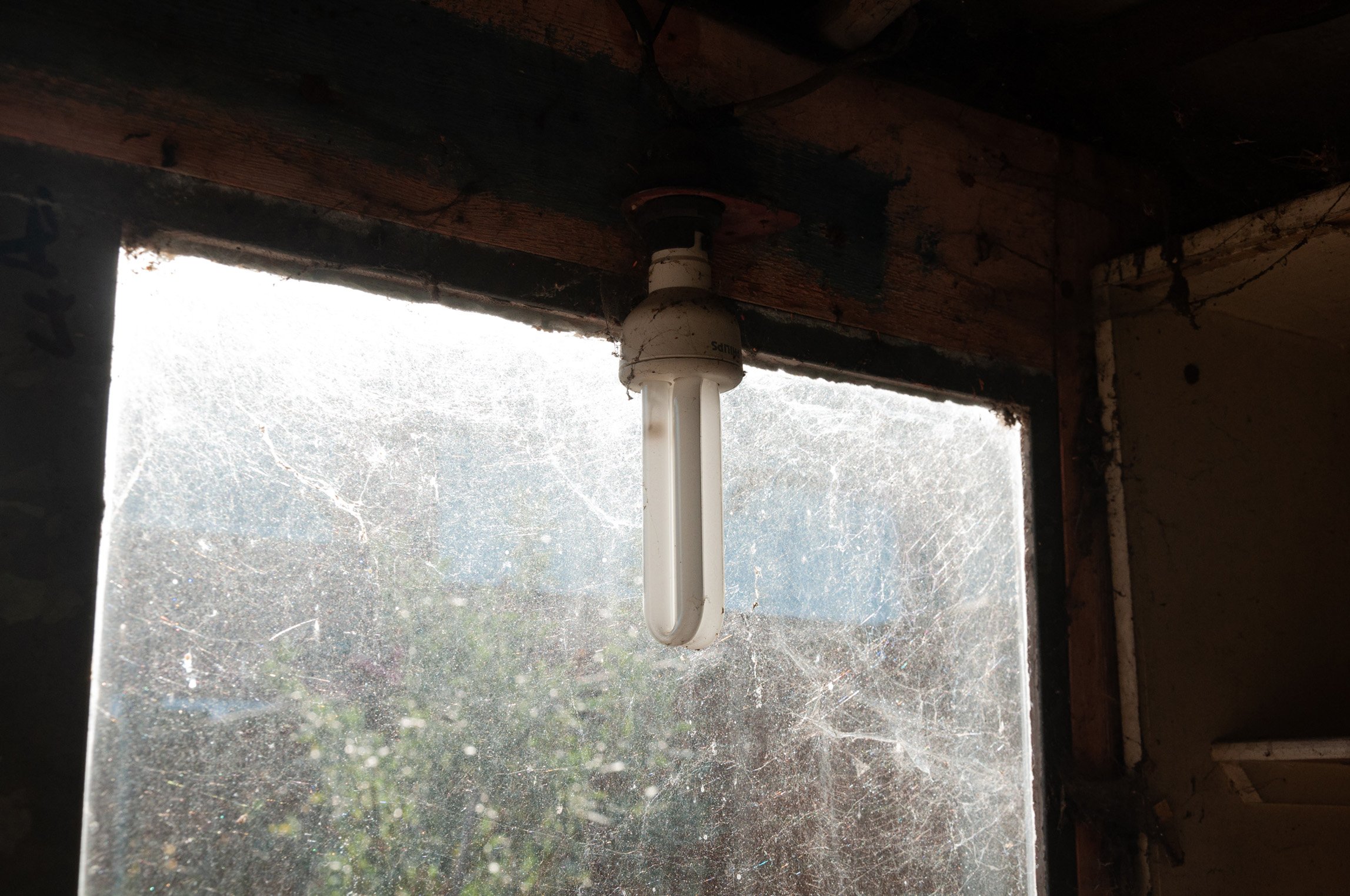



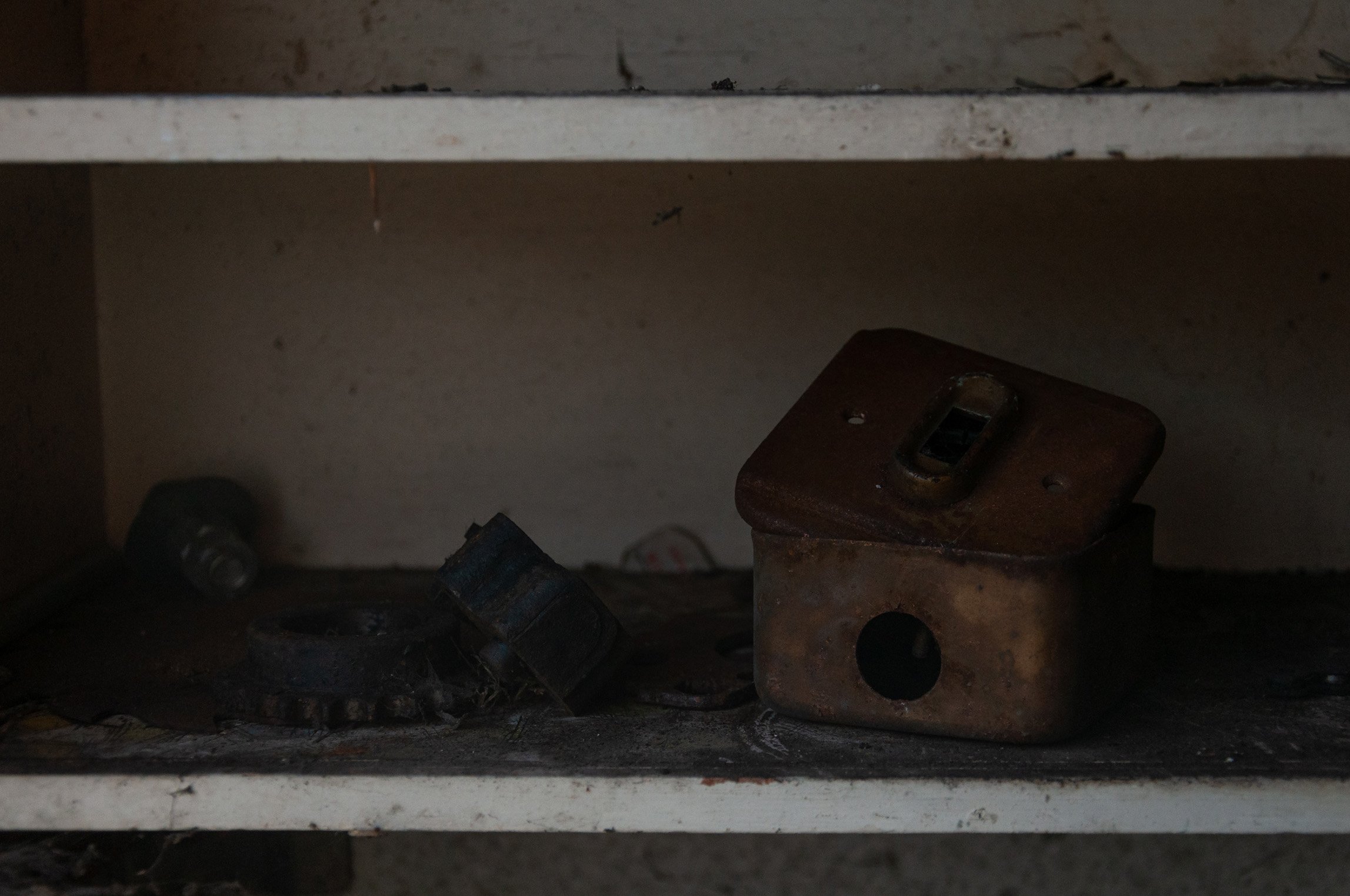



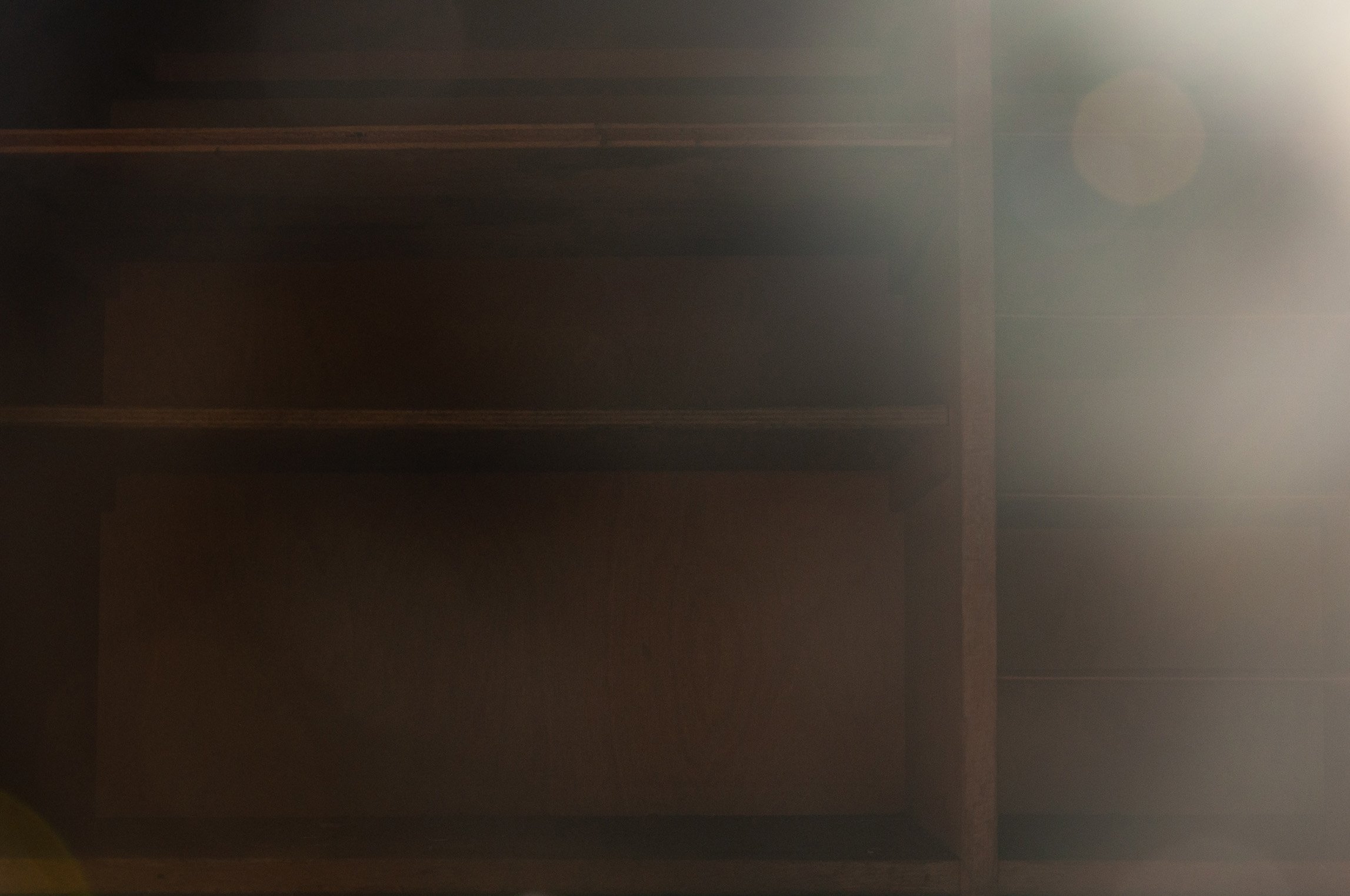



Atlas
Always a quiet man, it took a while to register the first signs of the Alzheimer’s that overtook my wife’s father. Alzheimer’s is implacable and inexorable, but never predictable in its effect from one individual to the next or its progress over time. Don was fortunate to have a loving and supportive family, and was able to spend most of his last years after diagnosis, in the familiarity of home.
The garage had always been his place, a timeless haven, where he would tinker with his car or mechanical bits and bobs for hours, or to simply store useful things for another time. Like many, there was rarely ever room to use it to actually park a car. Once Don lost the ability or will to tinker or drive however, it became necessary to reclaim the space for the car.
Clearing the garage was a family job - it had to be. It quickly became obvious that rather than being about removal and loss, this was about discovery and remembering, excavating through the accumulated layers of objects once useful, objects no longer useful or objects no longer identifiable. It was a form of archaeology of an important place, with its particular organisation and sense of light and textures still preserved.
Don happily joined in with the job, chuckling along with the rest of us at what he had placed so carefully over the years. Perhaps it was having his family around him, being busy, being outside; perhaps he felt lighter, both in the sense of the unsteady weight on the shelves being taken away, or the light in long lost corners; or perhaps it was the simple pleasure of remembered textures, of shapes and forms, the quality of light in his space, the sensation of heft, of placement, of purpose.
2010
The final images are of a handmade maquette of Atlas in book form.
Concertina pages, 12.5cm square, printed on digital inkjet paper.
